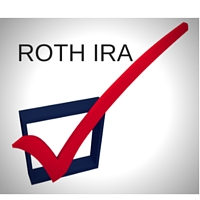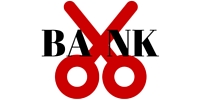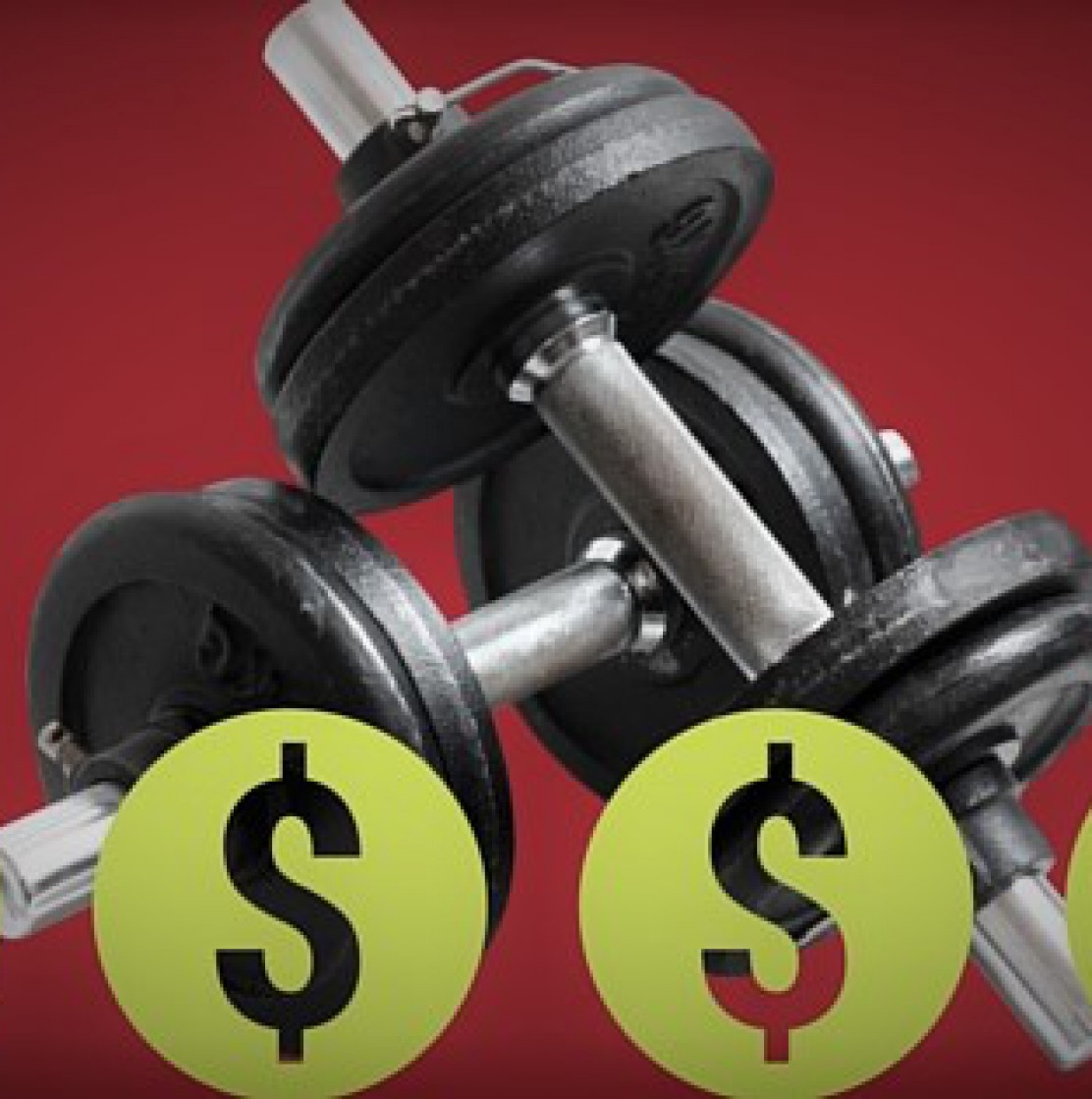It’s a brand new year, and now it’s time to start thinking about how you can make your money and finances work harder for you (if you haven’t already started). I came across a very good article in last December’s AARP Bulletin regarding how seniors can get their financial houses in order by reducing fees, lowering insurance costs, and preventing identity theft. If you are not yet a senior, don’t worry; you can apply these tips as well.
January
File your taxes, Pronto 
It’s very important to file your taxes ASAP because this will greatly reduce your chances of someone fraudulently claiming your tax refunds by using your stolen social security number. There have been instances where people have filed their income tax returns late and the IRS then rejected those returns because someone had already filed using their information. By the way, the IRS now has a new policy in which identity theft victims can request a copy of the bogus return to determine the extent of the identity theft.
February
Prepare to make larger payments
If you are one of the many thousands of people who took out a home equity line of credit before the housing bust, your monthly payments could increase by hundreds of dollars. This is because these types of loans allow interest-only payments for the first 10 years, and after the first 10 years, these loans will then require you to start paying back the principal. About $50 billion in loans will be in this phase in 2016, which is double the amount in 2014. In addition, if your loan has a variable interest rate, it will most likely rise each time the Federal Reserve raises the interest rate. Some financial experts suggest that you can either contact your home equity loan lender to discuss options if you think that you will have difficulty in making payments, or you can refinance into a new loan with interest-only payments.
March
Convert to a Roth IRA 
If your investments are trending downward, consider taking advantage of falling stock prices and transfer some of those shares from a traditional IRA into a Roth IRA. Be aware that you will have to pay taxes on the value of the transferred shares. However, with the lower stock prices, you will be able to transfer more shares into the Roth IRA without paying more in taxes. Ideally, once the shares are in the Roth IRA, the shares will recover and the future gains will not be taxable to you or your heirs. Also please keep in mind that you have until April 15, 2016 to make IRA contributions for 2015. If you are over age 50, you can make catch-up contributions up to $6,500 annually to an IRA. Better yet, if you have the cash, you can also make contributions for 2016 at the same time. The sooner you invest your money, the more time your nest egg has to develop.
April
Establish and fund a health savings account
Many employers now offer a combination of a high-deductible health plan and savings account to be used solely for medical expenses. You have until April 15th to make contributions for tax year 2015. Individuals can invest up to $3,350 pretax; an extra $1000 if you are age 55 or older. Withdrawls from this account can be made tax-free as long as the money is used for medical expenses. If the money is used for non-medical expenses however, income tax will be owed on the amount withdrawn and also a 20 percent penalty tax if you are under 65 years of age. Another benefit of having this account is that the extra income will not trigger higher premiums for Medicare or taxes on Social Security benefits.
May
Establish an emergency fund 
It is very important to set aside some money (about 3 to 6 months) for unforeseen emergencies. However most people know they should do this but they do not. Instead, many people between the ages of 50 and 64 have withdrawn money from their retirement accounts for emergency expenses, incurring taxes and penalties. Small deposits made to this fund over time, such as $50 to $100 per week or month will build up a cash reserve that can be tapped when emergencies occur.
June
Check your fees on your retirement accounts
Find out how much of your money invested in your 401k’s, IRA’s and other retirement accounts are taken up by fees. An AARP survey showed that 73 percent of 401k participants aged 50 and older believed that they were either not paying fees or did not know how much the fees were. The general thought is that if you do not know how much in fees you are paying, then you are probably paying too much. The website FeeX.com provides information on several thousand employer plans, grades retirement accounts, and recommends cheaper alternatives if you are paying too much.
July
Fix your credit cards 
Since most credit cards have a variable interest rate, this could be costing you more money if you carry a balance. A cost saving option would be for you to look for a credit card that has a low fixed interest rate and transfer the balance. If your credit FICO score is 720 or higher, you could be eligible for credit cards with a fixed rate of 10 percent or less from credit unions and community banks. For those of you who are interested in credit cards with reward programs instead of the interest rate, make sure you review the terms of the reward program so that you are getting the most benefit from it. Some cards have doubled their rewards, even offering $100 to $150 sign up bonuses.
August
Determine your net worth 
This is something you should do annually because it is important for you to know where you stand financially. To calculate your net worth, you have to add up all your assets–homes, cars, cash, retirement accounts, other valuables and investments. Then you subtract from your asset total your liabilities–mortgages, auto loans, student loans, credit card debt, and other debt. Thus you asset total minus your liabilities total equals your net worth. To increase your net worth, focus on increasing your assets( or income) and decreasing your liabilities wherever possible. Click here to see my #1 recommendation for increasing income. Your net worth will for the most part will increase as your assets increase and your liabilities decrease. Be aware that outside sources such as a housing bust or stock market crash can adversely affect you by decreasing your net worth temporarily. However, if you find you net worth decreasing year after year, then you should determine if the reason is due to overspending. If this is so, then you need to take steps to control overspending.
September
Shop for insurance
Premiums for auto and homeowners insurance are not only determined by risk factors. Some insurers set premiums by using “price optimization”. This means that they can charge more( such as 25 percent) if you do not take the time to shop around for coverage elsewhere. Although 12 states currently ban this practice, it cannot hurt to do your research and shop for a better deal. If you do find a better deal than the one you currently have, tell your insurer. Most likely they will try to match or better that offer so they lessen the risk of losing you as a customer.
October
Open enrollment
This is the month to buy health insurance through one of the state sponsored exchange programs from October 15 through December 7. Monetary penalties for being uninsured are steep and continue to rise. In 2016, the penalty for being uninsured is 2.5 percent of your income or $695 per adult and $347.50 per child, not exceeding $2,085 per family. Thereafter, the flat dollar rate penalty will be adjusted for inflation.
November
Part company with your bank 
Do an assessment of your primary bank. Ask questions and evaluate, such as:
Is my bank taking me for granted, like charging me for checking, or paying me nothing on savings?
If the answer is yes, then consider switching to another bank or other alternatives. Free checking is offered at many smaller community banks, credit unions, and online banks. In addition, many online banks offer more than 1 percent on savings for small or no minimum deposits. You can do an online search for federally insured online banks at Bankrate.com. Many of these banks are established community banks that use the internet to market to a national audience or are divisions of larger financial institutions.
December
Utilize or sell those gift cards
Many people fail to use gift cards they have received within a year of receiving them. Many of these cards expire if they are not used within a year, and the money is wasted. Either use the cards, or if you do not like the retailer and don’t wish to use the card, consider selling the cards for a discount at sites like GiftCards.com, GiftCardRescue.com and MonsterGiftCard.com.
Conclusion
It is my sincere hope that I have provided you with some useful tips to help you get your financial house in order. It may seem like a monumental task, but I think breaking it down in month by month will simplify things. You do not have to do it in the order given, the main thing is that you do the task. It’s never too late to get started; however, the sooner you get started, the better off you will be.
Please feel free to leave questions or comments below; I will be happy to respond accordingly. Have a great 2016!
Deidre

